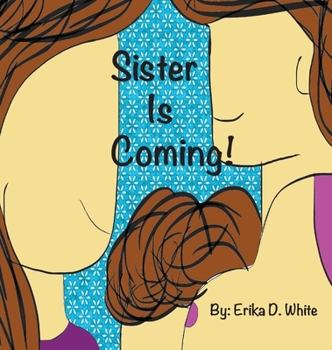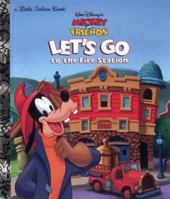Sister is Coming!
Select Format
Select Condition 
Based on Your Recent Browsing
Book Overview
"Sister is Coming " is a children's book about a little boy becoming a big brother. Very curious about his mommy's growing belly and anxious for his new sisters arrival. It shows his journey throughout his moms pregnancy.
Format:Hardcover
Language:English
ISBN:1087907764
ISBN13:9781087907765
Release Date:August 2020
Publisher:Erika White
Length:24 Pages
Weight:0.57 lbs.
Dimensions:0.3" x 8.0" x 8.0"
Age Range:4 years and under
More by Erika White
Customer Reviews
3 customer ratings | 3 reviews
There are currently no reviews. Be the first to review this work.
























